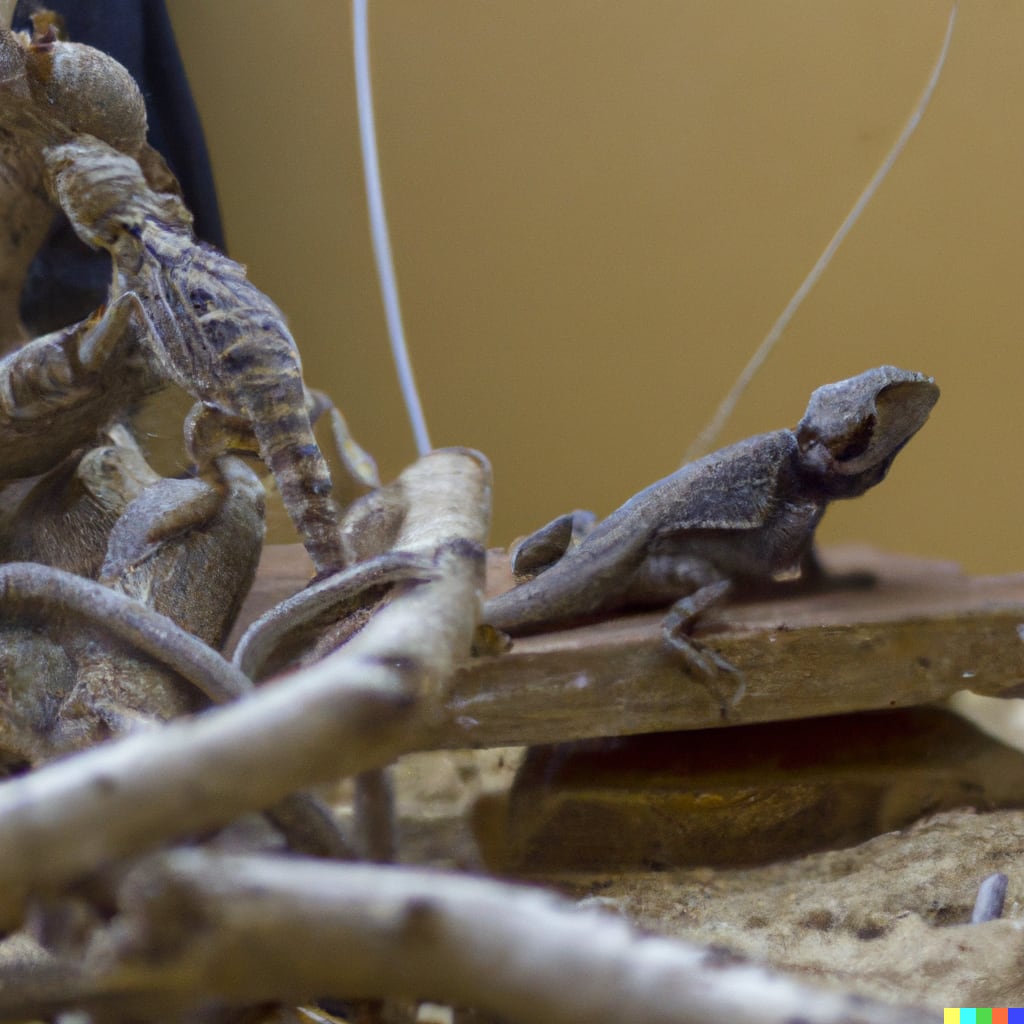
Exotic animals are creatures that are not typically found in one's native habitat, and are often kept as pets or in zoos for their uniqueness and beauty. While owning exotic animals can seem like an exciting and exotic idea, it is important to understand that exotic animals require special care and often come with unique challenges. In this article, we will explore the world of exotic animals and the challenges that come with owning them.
Exotic animals come in a wide variety of shapes and sizes. Some popular examples include big cats such as lions and tigers, primates such as monkeys and apes, reptiles such as snakes and lizards, and birds such as parrots and macaws. These animals are often kept as pets or used for entertainment purposes, such as in circuses or shows. However, it is important to understand that owning an exotic animal comes with unique challenges and responsibilities.
One major challenge of owning exotic animals is their care requirements. Exotic animals have specialized diets and habitats that must be carefully maintained in order for them to thrive. For example, big cats require large enclosures with plenty of space to roam and play. Primates require a complex social environment and specialized diets. Reptiles require specific temperatures and humidity levels in order to stay healthy. And birds require large cages with plenty of room to fly and socialize.
Another challenge of owning exotic animals is the legal requirements. Many exotic animals are regulated or even prohibited by state or federal laws. This means that owning an exotic animal can be illegal or require a special permit or license. It is important to research the laws in your area before considering owning an exotic animal.
A third challenge of owning exotic animals is their potential danger. Many exotic animals, especially predators such as big cats and reptiles, have the potential to cause serious harm or even death. Even seemingly harmless animals, such as primates and birds, can become aggressive or unpredictable. It is important to take appropriate safety precautions when owning an exotic animal, such as securing enclosures and taking special training courses.
Despite the challenges, many people are drawn to the unique beauty and exotic nature of these animals. For those who are interested in owning an exotic animal, it is important to understand the responsibilities and risks involved. Owning an exotic animal requires specialized knowledge and care, and it is important to seek out reputable breeders or organizations for information and support.
In conclusion, exotic animals can be beautiful and fascinating creatures, but owning them comes with unique challenges and responsibilities. It is important to research and understand the care requirements, legal requirements, and potential dangers before considering owning an exotic animal. By doing so, we can ensure that these creatures are properly cared for and respected in their captive environments.
Exotic animals are a diverse group of creatures that possess unique and captivating characteristics that make them a popular choice for those who seek an exotic pet or who are involved in the entertainment industry. However, the ownership of exotic animals can be more challenging than owning traditional pets, as they have specific care requirements that must be met to ensure their health and well-being.
These animals are commonly kept as pets or for entertainment purposes, such as in circuses and zoos. Big cats, primates, reptiles, and birds are some of the most popular examples of exotic animals. Each type of animal comes with its own unique set of challenges, including specialized diets and habitats, complex social needs, and specific temperature and humidity requirements.
The first major challenge of owning exotic animals is their care requirements. These animals often require specialized diets and habitats to survive and thrive. For example, big cats need large enclosures that provide ample space to play and roam. Primates require a complex social environment that mimics their natural habitat and specialized diets that can be challenging to provide. Reptiles require specific temperature and humidity levels, which can be difficult to maintain without proper knowledge and equipment. And birds need large cages that provide plenty of space to fly and socialize.
The second challenge of owning exotic animals is the legal requirements. Many exotic animals are regulated or even prohibited by state or federal laws. It is important to research the laws in your area before considering owning an exotic animal. In some cases, owning an exotic animal can be illegal or require a special permit or license. It is important to comply with all legal requirements to ensure the safety and well-being of the animal, as well as to avoid legal repercussions.
The third challenge of owning exotic animals is their potential danger. Many exotic animals, especially predators such as big cats and reptiles, have the potential to cause serious harm or even death. Even seemingly harmless animals, such as primates and birds, can become aggressive or unpredictable. It is important to take appropriate safety precautions when owning an exotic animal, such as securing enclosures and taking special training courses.
Despite the challenges, many people are drawn to the unique beauty and exotic nature of these animals. However, it is crucial to understand the responsibilities and risks involved in owning an exotic animal. These creatures require specialized knowledge and care, and it is important to seek out reputable breeders or organizations for information and support.
In conclusion, owning an exotic animal can be an exciting and unique experience, but it also comes with significant challenges and responsibilities. Exotic animals require specialized care, have legal restrictions, and pose potential dangers. It is essential to conduct thorough research and gain proper knowledge before considering owning an exotic animal. By doing so, we can ensure that these beautiful creatures are respected and cared for in their captive environments.






Comments
There are no comments for this story
Be the first to respond and start the conversation.